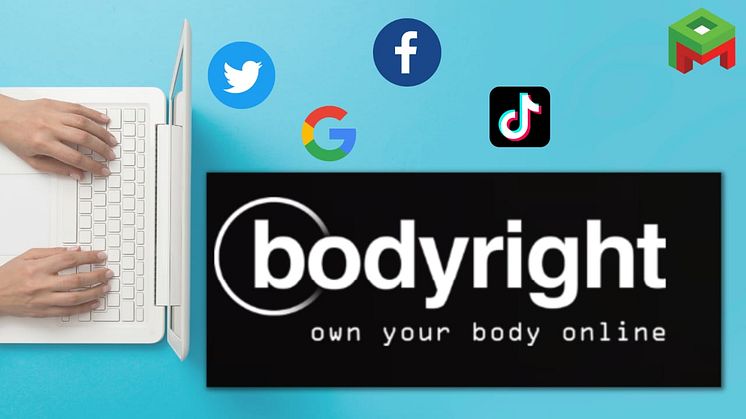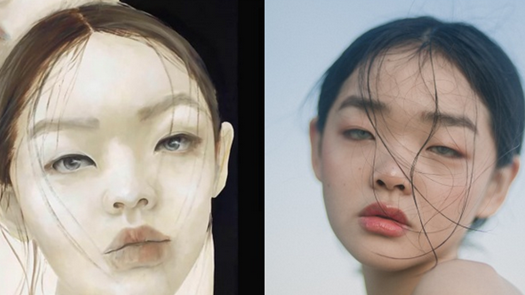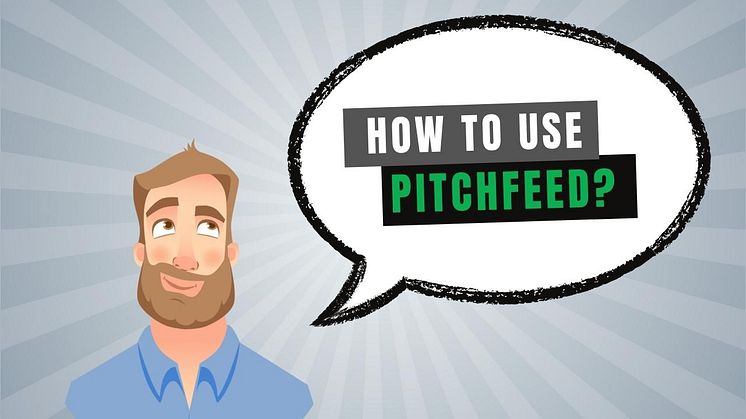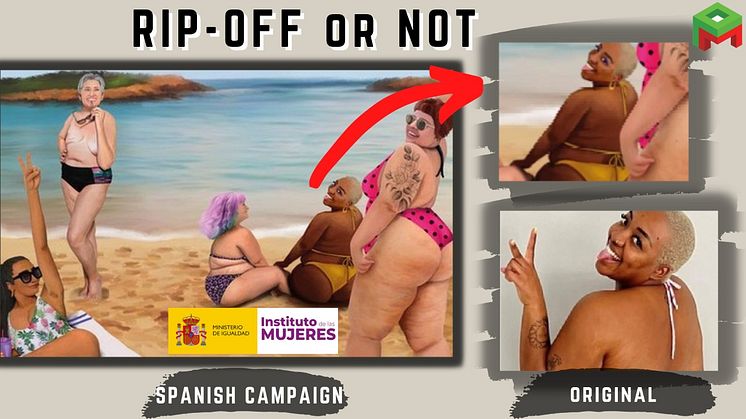
News -
Spanish beach body campaign used a model’s image without her consent
British model Nyome Nicholas-Williams has accused Spain’s Ministry of Equality of using her photo from Instagram and featuring it in their advertisement without her permission.
The ministry launched a summer campaign that features five diverse women chilling out on a beach to persuade women who are worried about their body looks and, therefore, avoid going to the beach.
The Institute for Women said the initiative was an effort to demonstrate the legitimacy of all bodies.
The 30-year-old model with 78,000 followers was notified by one of them when the campaign was extensively reported in the media.
Nyome can be seen in the advertisement sitting on the sand with her head turned in the direction of the viewer while donning a gold bikini.
The model called out the campaign on her Instagram account for not asking her permission. She wrote: “So I’ve just been sent this…my image is being used by the Spanish government in a campaign but they’ve not used to ask my image or likeness! Great idea but poor execution!”
“The thing is I’d never say no if it’s for a good cause but come on, ask for my permission. This is so frustrating!” she added.
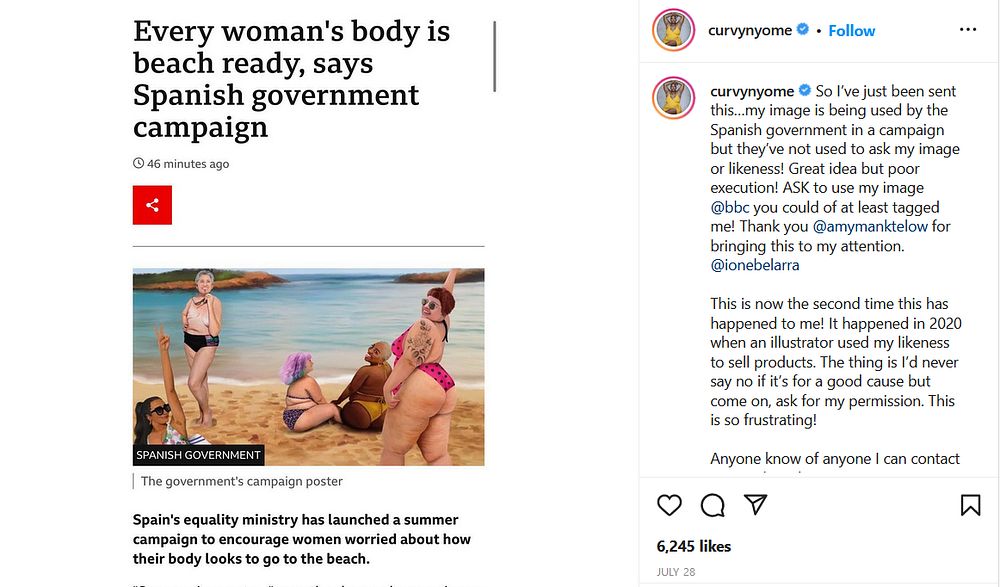
She was later contacted by the illustrator who created the final poster. They claim to have used her image due to shortage of time and apologized for it while willing to compensate her.
Nyome felt their approach was “very reactive rather than proactive," and she was annoyed because if they had asked her in the beginning, she could have said yes.
This is the second time this has happened to her. In 2020, an illustrator used her likeness to sell products without her permission.
While the internet provides an important space for women who want to express themselves and garner professional opportunities, it also acts as a double-edged sword.
Women disproportionately face all forms of online violence from harassment, doxing, and toxicity to bullying, misinformation, and defamation, all of which can have a detrimental effect on their mental health.
PitchMark recently covered a story about UNFPA’s proposal for a “bodyright”, with which the United Nations sexual and reproductive health agency wants to change the way women are treated in the virtual world.
It is exploring the possibility of using a “bodyright” mark with a symbol ⓑ that is applicable to photos of bodies online, which is a kind of copyright with symbol ©.
PitchMark helps innovators deter idea theft, so that third-parties that they share their idea with get the idea but don’t take it. Visit PitchMark.net and register for free as a PitchMark member today.

